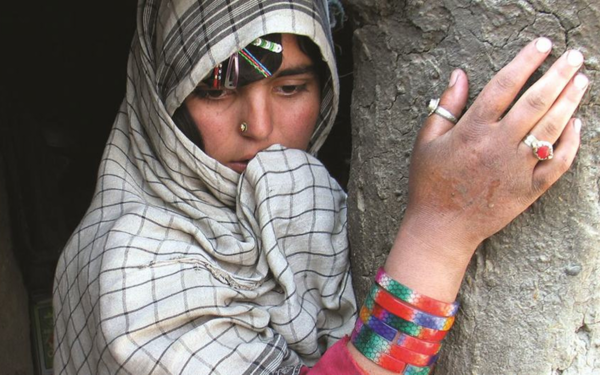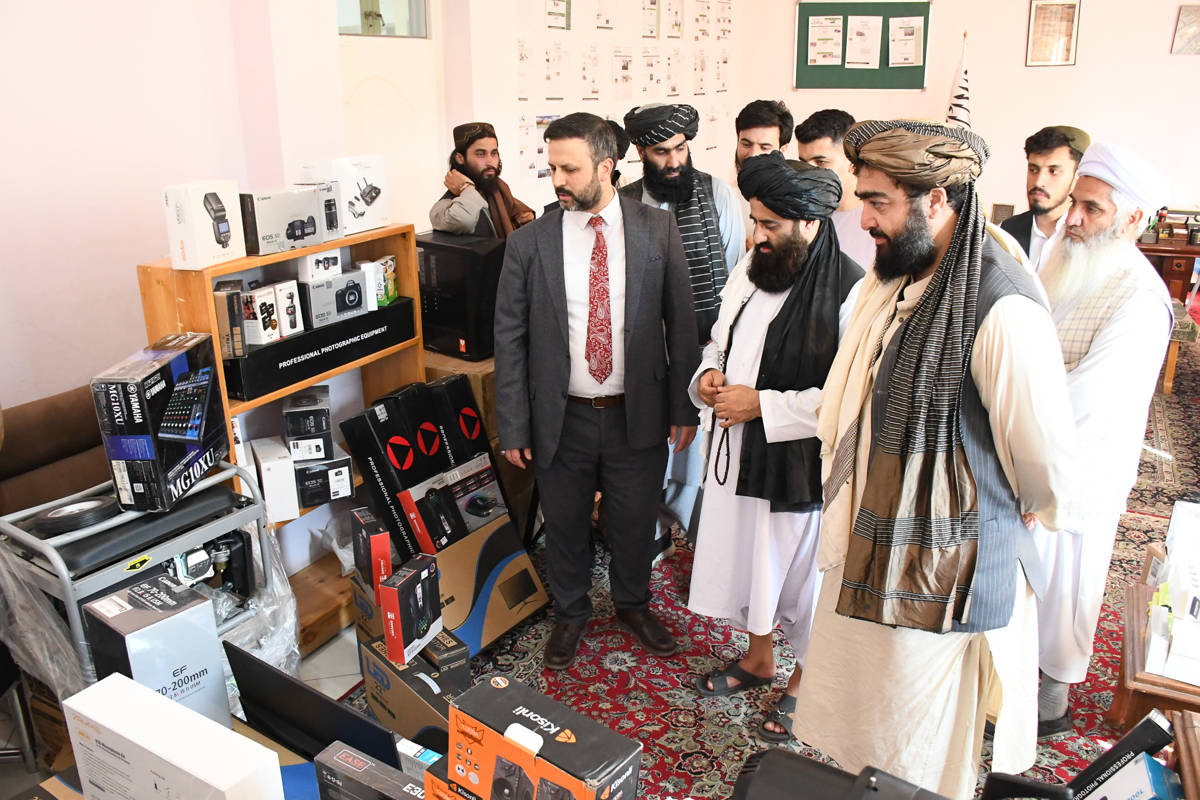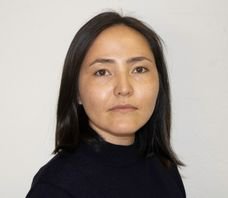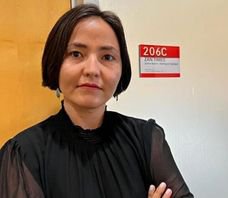Turkey’s state-run aid agency has come under scrutiny following its announcement that it provided technical equipment to media outlets controlled by the Taliban in Afghanistan.
The Turkish Cooperation and Coordination Agency (TİKA) announced on Aug 22 that it had delivered the equipment to Afghan authorities in the Herat province.
The handover of the equipment took place during a ceremony to celebrate the 104th anniversary of the Ittifaq-i Islam newspaper, one of the oldest publications in the country. In addition to this outlet, Afghanistan’s state-run Bakhtar News Agency and the TV unit of the Information and Culture Ministry will benefit from Turkey’s assistance.

Afghan authorities expressed gratitude, with the provincial head of Herat’s Culture and Information Directorate saying that level of technical support was unprecedented. He said during the event that the equipment would enable both Bakhtar News Agency and Ittifaq-i Islam to operate more effectively, not just in Herat but across the region.
Arafat Deniz, TİKA’s coordinator in Herat, emphasized the agency’s commitment to the development of the media sector in Afghanistan. He highlighted the role that the press and broadcasting play not only in news dissemination but also in culture and education.
Parliamentary question
The support for media outlets under Taliban control has raised eyebrows in Turkey, prompting a parliamentary question from an opposition deputy.
Sevilay Çelenk from the pro-Kurdish People's Equality and Democracy (DEM) Party directed several questions at Culture and Tourism Minister Mehmet Nuri Ersoy, who oversees TİKA’s activities.
Çelenk expressed concerns over the appropriateness of supporting a media structure that “enables the Taliban’s gender discrimination and censorship.”

Taliban's third year of rule in Afghanistan: How women defend their rights 'silently and secretly'
She pointed out that the Taliban’s recently introduced "moral guidelines" further restrict women’s rights, banning them from “singing, reading poetry, or even speaking loudly in public.
Çelenk referenced the United Nations Assistance Mission in Afghanistan's (UNAMA) recent report, which covered the period from October to December 2023. The report highlighted that under Taliban rule, the fundamental rights of women and girls in Afghanistan continue to be severely violated.
Çelenk questioned the criteria used by TİKA to decide on such support, asking whether these actions align with international human rights standards and what is their purpose.
Turkey-Taliban relations
The Taliban, which regained control of Afghanistan in August 2021, has still not globally recognized as the legitimate government of Afghanistan due to its policies especially toward women and girls, as cited by international organizations.
Turkey has maintained contact with the Taliban government, despite not officially recognizing it, primarily focusing on aid and development projects. In 2021, just months after the Taliban took power, a high-level Taliban delegation, including the foreign minister, visited Turkey.
Turkey’s involvement in Afghanistan dates back to the US-led invasion in 2001. For nearly two decades afterward, the Turkish military has been part of the NATO mission in the country, participated in non-combatant missions, maintaining a neutral stance that kept them from being targeted by Taliban forces.
Turkish forces withdrew from Afghanistan in 2021 following the Taliban’s return to power like other foreign troops. (VK)









